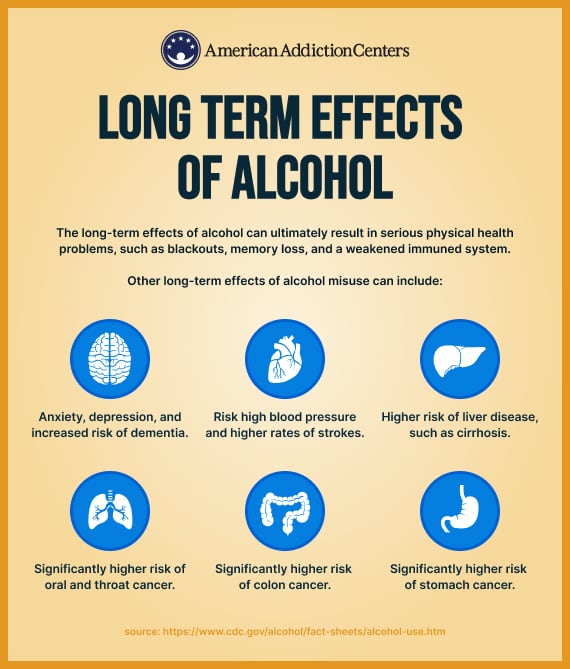Delve into the science behind alcohol intoxication levels and discover the surprising factors that can affect how drunk you get.

Image courtesy of Keegan Checks via Pexels
Table of Contents
Have you ever found yourself pondering the age-old question: how many beers does it take to get drunk? The answer may not be as straightforward as you think. In this blog post, we will dive into the intricate world of alcohol metabolism, individual tolerance levels, and various factors that can influence how intoxicated you feel after consuming alcohol.
The Science of Alcohol Metabolism
alcohol metabolism is a complex process that occurs primarily in the liver. When you consume alcohol, enzymes in the liver work to break down the alcohol into acetaldehyde and then into acetic acid, which is eventually excreted from the body. The rate at which this process occurs can vary depending on several factors.
One key factor that influences alcohol metabolism is liver health. A healthy liver is more efficient at metabolizing alcohol compared to a liver that is compromised due to factors such as liver disease or excessive alcohol consumption. Additionally, gender can play a role in alcohol metabolism, as women tend to have lower levels of the enzyme responsible for breaking down alcohol compared to men.
Individual Tolerance Levels
Individual tolerance levels to alcohol can vary significantly from person to person. Factors such as body weight, genetics, and previous alcohol consumption can all impact how much alcohol a person can consume before feeling intoxicated. It’s important to recognize that just because someone can drink a certain amount of alcohol without feeling drunk, it does not mean that the same amount is safe for everyone.
One way to determine your own tolerance level is to start slow and pay attention to how you feel after consuming alcohol. Keep in mind that tolerance can change over time, so it’s important to drink responsibly and be aware of your limits.
Influencing Factors on Intoxication
While the number of beers consumed is a common metric for determining intoxication levels, there are several other factors that can influence how drunk you feel. One major factor is food intake. Eating food before or while drinking can help slow down alcohol absorption and decrease intoxication levels.

Image courtesy of rehabs.com via Google Images
Hydration is another important factor to consider. Drinking water in between alcoholic beverages can help prevent dehydration and reduce the overall effects of alcohol. Additionally, mixing different types of alcohol can impact intoxication levels, as certain drinks may contain higher alcohol content than others.
It’s crucial to be mindful of these influencing factors and make informed choices when it comes to alcohol consumption. By understanding how these factors can affect intoxication levels, you can better manage your alcohol intake and stay safe while drinking.
Conclusion
Exploring the science behind how many beers it takes to get drunk reveals that intoxication levels are influenced by a variety of factors beyond just the number of drinks consumed. By taking into account alcohol metabolism, individual tolerance levels, and various influencing factors, you can make more informed decisions about your alcohol consumption and prioritize responsible drinking.
Remember, knowing your limits and being aware of the factors that can impact your intoxication levels is crucial for staying safe and enjoying alcohol in moderation. Next time you reach for a drink, keep these factors in mind and make choices that align with your own well-being.
Frequently Asked Questions
What is the main factor that determines intoxication levels?
Answer 1: The main factor that determines intoxication levels is alcohol metabolism, which varies depending on liver health, gender, and other individual factors.
How can I determine my alcohol tolerance level?
Answer 2: To determine your alcohol tolerance level, start slow, pay attention to how you feel after consuming alcohol, and be mindful of your limits.
Does food intake impact intoxication levels?
Answer 3: Yes, food intake can impact intoxication levels by slowing down alcohol absorption and decreasing the effects of alcohol.
What are some influencing factors on intoxication levels?
Answer 4: Influencing factors on intoxication levels include hydration, types of alcohol consumed, and overall alcohol metabolism efficiency.
Generated by Texta.ai Blog Automation
Leave a Reply